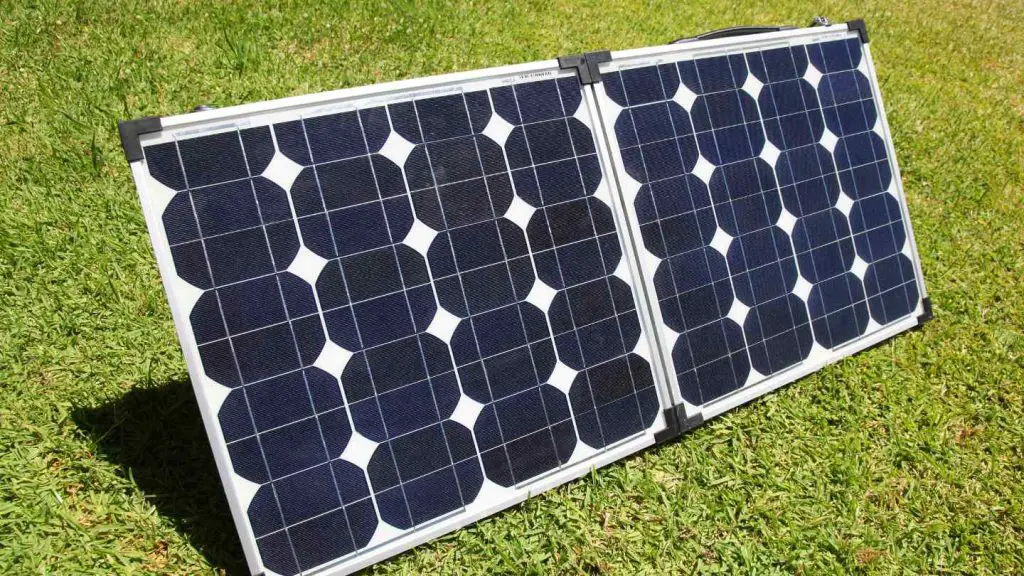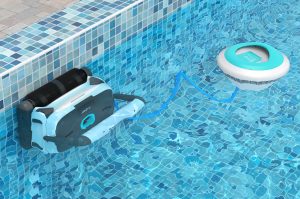Being tethered to RV parks and campsites with electrical hookups can be tiring. And if you long to enjoy the freedom that comes with camping then you need to consider other ways of powering your camper when you are off the grid. With the right equipment and knowledge, you can power your camper without relying on traditional electrical sources.
In this guide, we’ll provide a comprehensive guide to powering your camper off-grid. We’ll cover everything from solar panels and generators to battery banks and energy-efficient appliances. By the end of this post, you should have enough options at your disposal to confidently explore off-grid camping for you and your family.
The Benefits of Off-Grid Camping
Before we dive into the specifics of powering your camper off-grid, let’s take a moment to discuss the benefits of off-grid camping. Here are just a few reasons why many campers choose to go off-grid:
Freedom and Flexibility
Perhaps the most obvious benefit of off-grid camping is the freedom and flexibility it provides. When you’re not tied to electrical hookups, you can camp wherever you want – whether that’s a secluded spot in the forest or a remote beachfront location. You can also stay for as long as you like, without worrying about running out of electricity.
Also read: What American States Allow Off-Grid Living? 5 U.S. States That Do
Cost Savings
Off-grid camping can also be a cost-effective alternative to traditional RV camping. While the initial investment in the equipment may be higher, you’ll save money in the long run by not paying for electrical hookups or campground fees.
Ecological Benefits
Finally, off-grid camping can be a more environmentally friendly option. By using renewable energy sources like solar power, you can reduce your carbon footprint and minimize your impact on the environment.
How To Power A Camper Off Grid in 3 Ways
1. Solar Power for Off-Grid Camping

One of the most popular ways to power a camper off-grid is with solar panels. Solar power is a clean and renewable energy source that can provide ample electricity for your camper. Here are some key considerations when using solar power for off-grid camping:
Solar Panel Capacity
The first step in using solar power for off-grid camping is to determine how much capacity you need. This will depend on a variety of factors, including the size of your camper, your energy consumption, and your location. As a general rule, you’ll need about 100 watts of solar capacity for every 50 amp hours of battery capacity.
Solar panels like the Anker 625 are foldable and can be extremely efficient for your off-grid camping trip.
Solar Panel Placement
Once you’ve determined your solar panel capacity, the next step is to decide where to place your panels. Ideally, you’ll want to place your panels in a location with maximum sun exposure. This may require some experimentation and adjustment depending on the time of day and your location.
Charge Controllers
To prevent overcharging your batteries, you’ll need a charge controller to regulate the flow of electricity from your solar panels. Look for a charge controller with a high enough amperage rating to handle the output of your solar panels. We recommend the Sól Buck-Boost 20 Amp MPPT to do the perfect job here
Batteries
You’ll need a battery bank to store the electricity generated by your solar panels. Deep cycle batteries are the best option for off-grid camping, as they’re designed to handle frequent charging and discharging. If you prefer to cut down costs but still want to get great value for your money (who doesn’t?) then go for the SUNGOLD POWER 5000W 48V Energy System that comes with a 24 months warranty straight out of the box.
Mobility
Remember that the less you carry on your off-grid camping trip the better for you. There you should ensure that most or all of your equipment can easily fit into your carrier. This is no different for your solar panels. The smaller they are, the easier it will be to move around when the need arises.
2. Generators for Off-Grid Camping

Another option for powering your camper off-grid is with a generator. While generators are often associated with noisy and polluting gasoline models, there are now many quiet and clean options available. Here are some key considerations when using a generator for off-grid camping:
Fuel Source
The first consideration when choosing a generator is the fuel source. While gasoline generators are the most common, they’re also the most polluting and noisy. Propane generators are a cleaner and quieter alternative, while diesel generators are the most fuel-efficient.
Noise Level
If you’re camping in a quiet and remote location, you’ll want to choose a generator with a low noise level. Look for models with a decibel rating of 60 or less.
Power Output
The power output of your generator will depend on your energy needs. Look for a generator with enough wattage to power your camper’s appliances and electronics.
Inverter Generators
Our best bet when it comes to using generators on your off-grid camping is to consider investing in an inverter generator. These generators produce clean and stable power, making them ideal for sensitive electronics like laptops and smartphones.
3. Energy-Efficient Appliances for Off-Grid Camping

In addition to choosing the right power source for your camper, you can also reduce your energy consumption by using energy-efficient appliances. Here are some tips for choosing energy-efficient appliances for off-grid camping:
LED Lighting
Replace your incandescent light bulbs with LED bulbs, which use up to 75% less energy. You can also install motion sensors to automatically turn off lights when they’re not in use.
Propane Appliances
Consider using propane appliances instead of electric ones. Propane refrigerators, stoves, and water heaters are all available and can significantly reduce your energy consumption.
Low-Energy Electronics
Choose electronics with low energy consumption, such as laptops and tablets instead of desktop computers. You can also use a power strip to turn off electronics when they’re not in use.
FAQ
How long can I run my generator each day?
This will depend on the capacity of your generator and your energy needs. As a general rule, you should aim to run your generator for no more than 18 hours each day to avoid excessive fuel consumption and noise.
How many batteries do I need for off-grid camping?
The number of batteries you need will depend on your energy consumption and how long you plan to stay off the grid. As a general rule, you’ll want to have at least two deep-cycle batteries to ensure you have enough power to last between charges.
Can I use solar power and a generator together?
Yes, you can use solar power and a generator together to provide backup power or to increase your energy capacity. However, you’ll need to use a battery bank to store the electricity generated by both sources.
How do I know if my solar panels are working?
You can check the output of your solar panels using a multimeter or a solar charge controller with a built-in display. You can also monitor your battery bank to ensure it’s charging properly.
Conclusion
Off-grid camping can provide a sense of freedom and adventure that traditional RV camping can’t match, and there are a lot of options available to you when it comes to powering your off-grid camping passion. Whether you’re a seasoned camper or new to off-grid camping, we hope this guide has provided you with the information you need to confidently explore the great outdoors.






